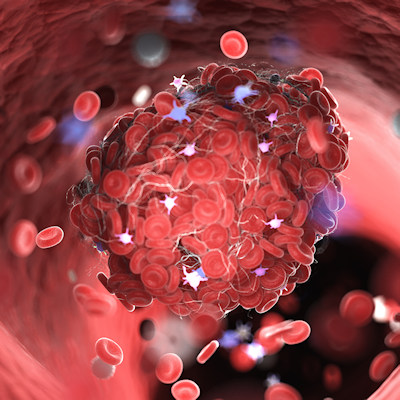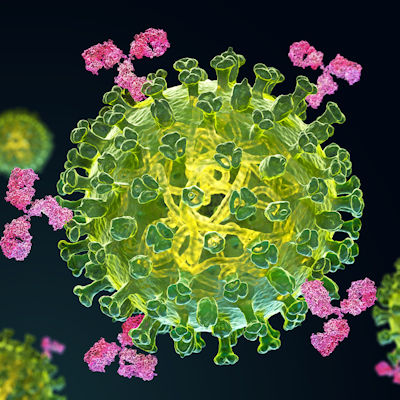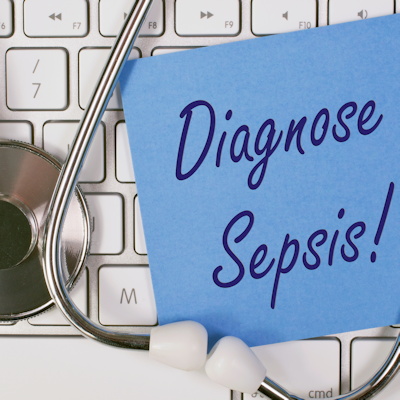July 26, 2022 -- Findings from two studies add to a growing body of knowledge that is essential for guiding public health initiatives and might one day enable clinicians to assess individuals’ immunity to SARS-CoV-2, according to AACC.
The studies, being presented during poster sessions at AACC 2022 on Tuesday, demonstrate how SARS-CoV-2 antibody levels vary among recipients of COVID-19 vaccines and naturally infected individuals.
In one of the studies, researchers led by Mary Kathryn Bohn of the Hospital for Sick Children in Toronto, Canada, found that children tend to have higher antibody levels against the SARS-CoV-2 virus than adults following administration of mRNA vaccines.
Bohn's study enrolled 644 vaccinated participants (312 adults and 332 children) who ranged in age from 6 to 79 years, along with a control group of 168 individuals with no history of SARS-CoV-2 infection or vaccination. The researchers assessed participants' blood samples using the DiaSorin Liaison SARS-CoV-2 TrimericS IgG and Abbott AdviseDx SARS-CoV-2 IgG II assays.
The mean antibody level in pediatric participants was 2,037 ± 1,515 binding antibody units/mL, while in adult participants it was only 1,444 ± 1,277 binding antibody units/mL.
AACC noted that the difference is statistically significant.
Overall, among participants who received two doses of an mRNA vaccine at the time of blood collection, antibody responses decreased over time after the most recent dose. However, among a subset of 60 participants who were followed over a five-month period, antibody levels increased tenfold after a booster dose.
Nearly all people (98%) with no history of vaccination or known exposure to the coronavirus had negative antibody results. It's possible the remaining 2% may have had exposure or asymptomatic cases, Bohn said in a statement, adding that it is not surprising that children would have higher antibodies because they are likely to have fewer comorbidities and more active immune systems.
Future work is needed, Bohn said, "to relate antibody presence to functional immune response as well as breakthrough infections."
Separate research led by Kimia Sobhani of Cedars Sinai Medical Center in Los Angeles studied characteristics associated with variable antibody responses to the Pfizer-BioNTech vaccine.
Sobhani's team measured the blood antibody levels of 843 healthcare workers at the medical center for 10 months after participants completed a two-dose vaccine regimen. Participants submitted a health questionnaire and at least two blood samples for analysis.
For the duration of the study, 99.6% of individuals remained positive for vaccine-induced antibodies against the virus's spike protein. Those with prior SARS-CoV-2 infection had higher antibodies, as did female participants and participants younger than 42 years, the median cohort age.
Those who did not have hypertension had persistently higher antibodies. However, prior SARS-CoV-2 infection modified the associations of hypertension; participants who had not been infected and who had hypertension had persistently lower antibodies, while prior-infected individuals who had hypertension exhibited relatively higher antibodies that remained higher over time.
The findings offer insights into factors that may influence "hybrid" immunity brought about by natural infection combined with vaccination, Sobhani said in a statement, adding, "Everyone that we studied remained in the positive range for antibodies measured during the entire time frame they were followed postvaccination. Whether that level of positivity is correlated to some degree of protection remains to be determined, because thresholds have not yet been validated or agreed upon."
She added that T cell responses may also provide insight; this is another area that her team plans to study.
Both studies, "Abstract A-244: Serological antibody response to SARS-CoV-2 vaccination in a large cohort of Canadian children, adolescents, and adults" and "Abstract A-077: Longitudinal analysis of characteristics associated with variable antibody response to BNT162b2 vaccination among healthcare workers over ten months," are being presented during the AACC Scientific Poster Session on Tuesday.
Copyright © 2022 scienceboard.net











